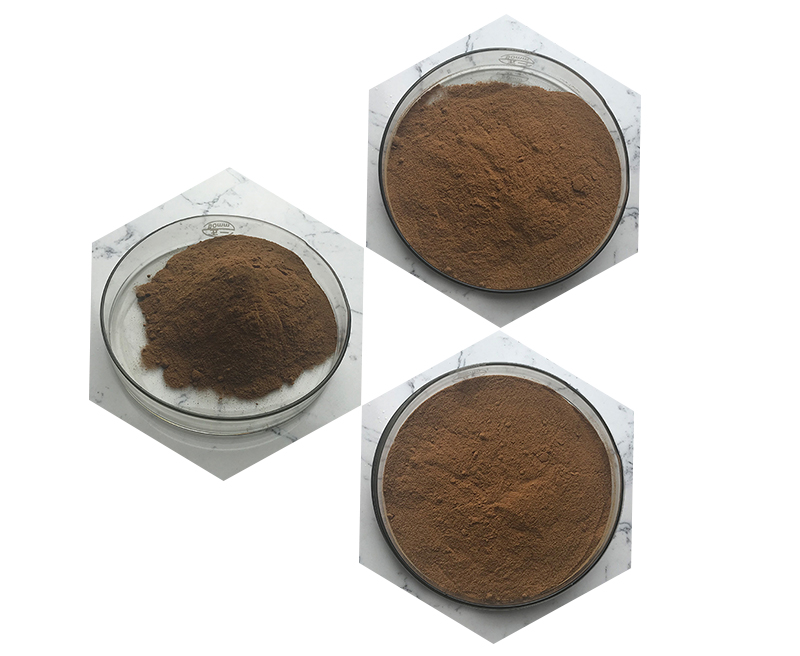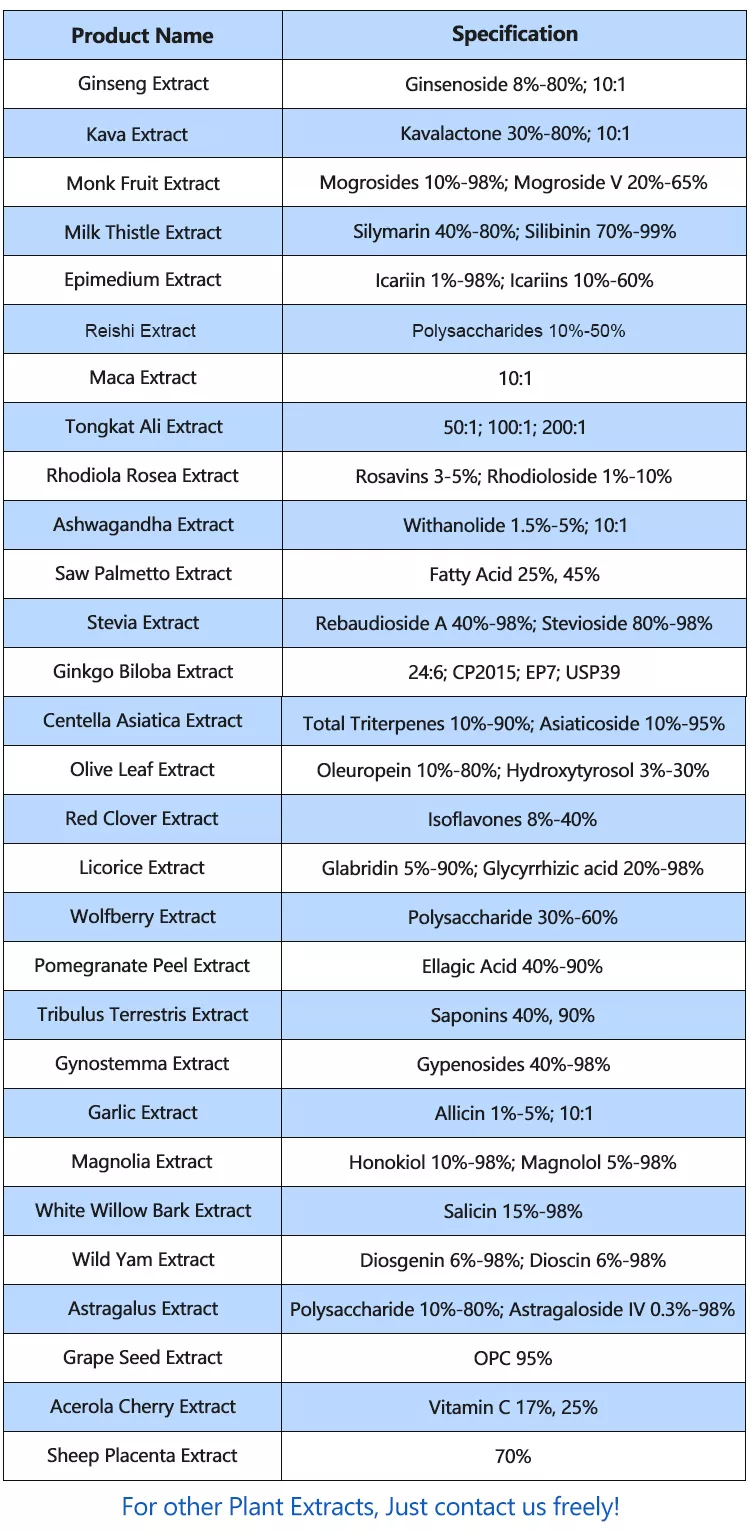Ashwagandha Extract (Withania somnifera) is an herb commonly used in traditional medicine, particularly in Ayurveda, an ancient system of medicine in India. The extract of Ashwagandha is typically derived from the root and sometimes the leaves of the plant.
The process of obtaining Ashwagandha extract involves crushing or grinding the roots and/or leaves to create a fine powder. This powder is then typically mixed with a solvent, such as water or alcohol, to extract the bioactive compounds from the plant material. The solvent is then evaporated, leaving behind a concentrated extract of Ashwagandha.

Ashwagandha extract is known for containing various biologically active compounds, including alkaloids, steroidal lactones (withanolides), and flavonoids, which are believed to contribute to its health benefits and therapeutic properties. These bioactive compounds have been the subject of numerous scientific studies investigating the potential effects of Ashwagandha on human health.
The efficacy and function of Ashwagandha Extract
Ashwagandha Extract (Withania somnifera) is an ancient medicinal herb that has been used for thousands of years in traditional Ayurvedic medicine, primarily in India and neighboring countries. The extract of Ashwagandha is derived from the root of the plant and is known for its potential health benefits. While research on Ashwagandha is ongoing, here are some of the purported efficacy and functions based on available scientific studies up to my last update in September 2021:
1.Adaptogenic Properties: Ashwagandha is classified as an adaptogen, which means it may help the body cope with stress and adapt to various physiological and psychological stressors. It is believed to modulate the body’s stress response by reducing cortisol levels, a hormone associated with stress.
2.Anxiety and Stress Reduction: Some studies suggest that Ashwagandha may have anxiolytic (anxiety-reducing) properties. It may help alleviate symptoms of anxiety and improve overall mood, promoting a sense of calm and relaxation.
3.Improved Cognitive Function: Ashwagandha Extract has been investigated for its potential to enhance cognitive function and memory. It is thought to support nerve function and promote neuroprotective effects, which may have positive implications for brain health.

4.Anti-Inflammatory Effects: The bioactive compounds in Ashwagandha, such as withanolides, have shown anti-inflammatory properties in some studies. This could be beneficial for individuals with inflammatory conditions, though further research is needed to establish its clinical significance.
5.Antioxidant Activity: Ashwagandha Extract contains antioxidants that can help neutralize harmful free radicals in the body, potentially reducing oxidative stress and supporting overall health.
6.Physical Performance and Endurance: Some research has explored Ashwagandha’s potential to improve physical performance, endurance, and muscle strength. It may also aid in recovery after physical exertion.
7.Hormonal Balance: Ashwagandha has been studied for its potential to support hormonal balance, including benefits for male reproductive health and hormone regulation in women.
8.Sleep Quality: Some individuals report improved sleep quality and better sleep patterns after using Ashwagandha.

It’s important to note that while Ashwagandha Extract shows promise in various areas, research is ongoing, and not all effects have been conclusively proven. Additionally, individual responses may vary, and it’s crucial to consult with a healthcare professional before using Ashwagandha or any supplement, especially if you have any underlying medical conditions or are taking medications. Furthermore, the quality and potency of different Ashwagandha extracts or supplements can vary, so it’s essential to choose reputable brands and follow recommended dosages.
As research progresses, more concrete evidence may emerge regarding the full extent of Ashwagandha’s efficacy and functions.
